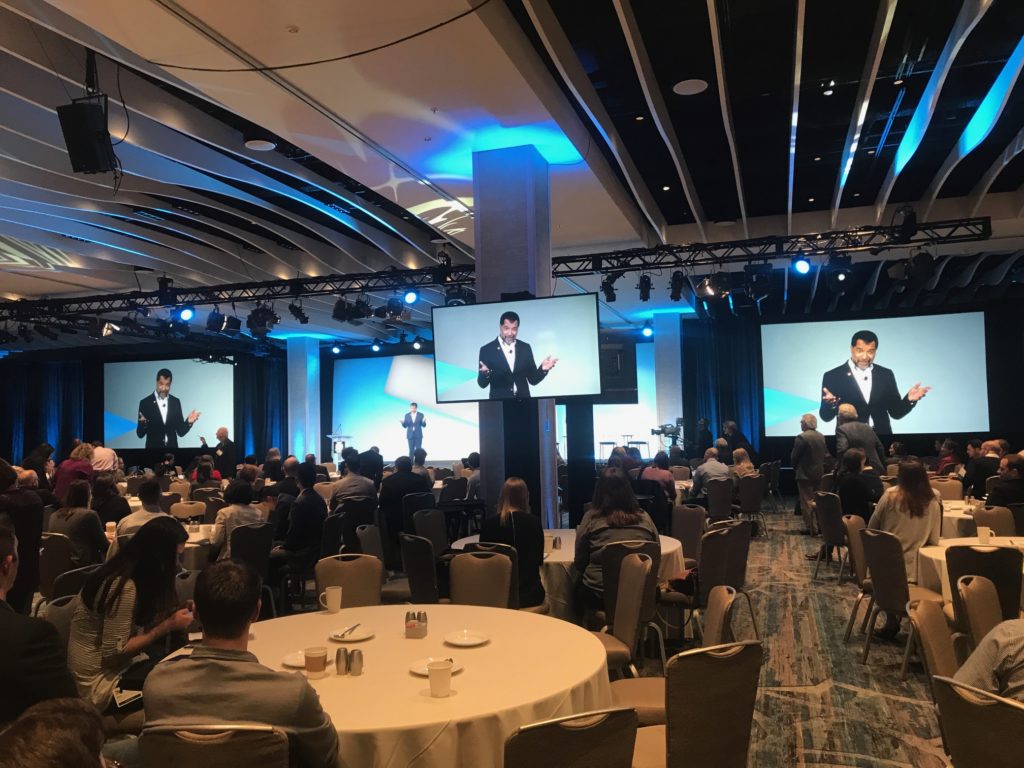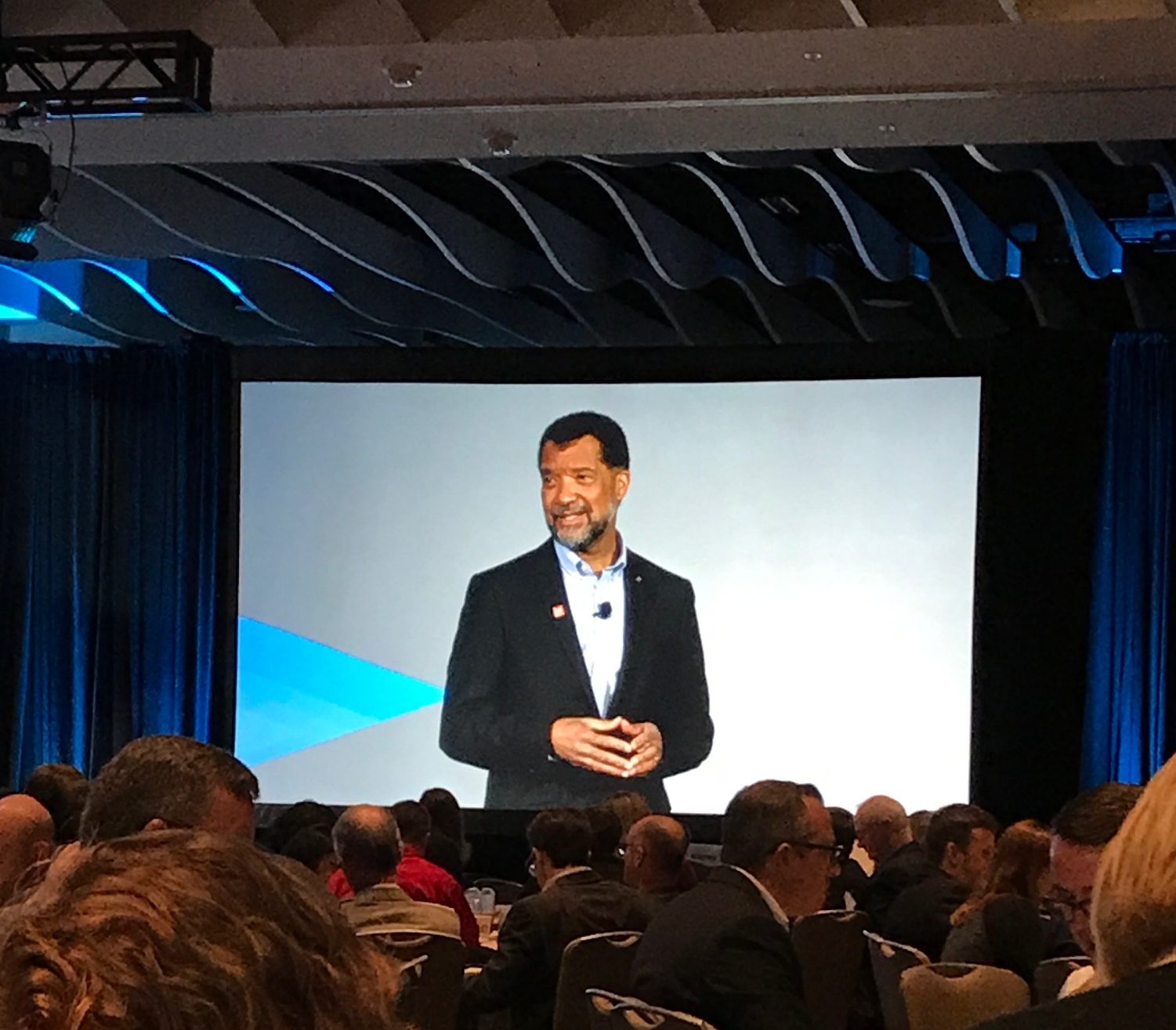
Dear AIA Members and Friends,
While participating this month in the annual AIA Grassroots 2018 Conference – where chapters across the country gather with AIA National – we saw strong alignment between the conversations here in Pittsburgh and conversations across the profession. The way we all live and work is transforming at a rapid pace. In response, architects throughout the US are creatively addressing issues of climate resiliency, affordable housing, equity, diversity, evolving technology, and generational shifts within the profession.
Now more than ever an architect’s skills, systems-thinking and visionary planning can make a positive impact on society and the world. One speaker at the conference called architects’ super-power “the ability to vision what isn’t there yet”. Another said architects need to be leaders on Team Tomorrow.
Bill Bates, FAIA First Vice President and Grassroots Chair, noted a recent Harris Poll identified ‘architect’ as the 7th most prestigious profession in the country. He then asked: “What are we doing to leverage this influence? Influence is the new power.”
“Influence is the new power.” – Bill Bates, FAIA
Highlights from Grassroots include:
• We can find ways to shape more humane urban environments for future urban growth to create healthier, resilient, and ultimately sustainable models of living. The new urban agenda will be a highlight of the AIA national conference in New York this June addressing issues of housing, energy, resiliency, infrastructure, planning and policy.
• As a profession, we can lead the way to connect buildings with the environment and people with place. Architects have a unique ability to think critically and creatively while zooming out to include the broader context and then zooming in to the details of a circumstance. Our ability to gather and listen and connect the dots places architects in a unique position to tackle big societal questions as they relate to the built environment and the social condition of the people living within it.
• Engagement is key. Public engagement will build public awareness through our actions, advocacy, and visibility. Get involved within your community or in other areas that you are passionate about. Working together we can shape alliances and build a sense of community across professions, organizations, and government to strengthen and support our goal of creating better communities for all.
• We need to think dynamically about systems rather than in a static state of existence. For example, we need to explore ideas of zoning that can adjust like natural systems do to ever changing conditions.
• Invest in our future as a priority. Support our future through leadership development and by listening to our young leaders as we collectively envision innovations in our professional practice models. Be inclusive in our actions and work to advance equity and diversity within our profession. Invest in our people and workplace culture. Lead by example in how we present ourselves every day.
• We are in it together and through a collaborative process can find ways to be a more networked profession, where we support each other to build something larger than any one project.
• We were inspired to hear mayors and urban planners from cities across the US advocating for architects to be at the table as a partner in shaping our cities and built environments. We were also inspired to hear from a number of mayors and city officials who were trained as architects.
The clearest message to come out of Grassroots 2018: It is through engagement that we demonstrate the value of architects and architecture. Architects and allied professionals can advocate for and create meaningful transformation within our communities.
The clearest message to come out of Grassroots 2018: It is through engagement that we demonstrate the value of architects and architecture.
This is especially relevant in Pittsburgh where more than $5 billion in development is planned for the next few years – this continues a trend of more development and rapid change than the city has seen in many decades. By being at the table with decision-makers, architects can use their influence to ensure smart, healthy and sustainable decisions are made about our changing cityscape.
In the coming months we will be sharing with you the details of a new 3-year strategic plan and ways in which AIA Pittsburgh members can get involved, share knowledge, learn skills and influence for the better where we live and work.
Sincerely,
Michael Gwin, AIA Michelle Fanzo
Board President Executive Director
Read more for additional information and highlights from Grassroots 2018.


